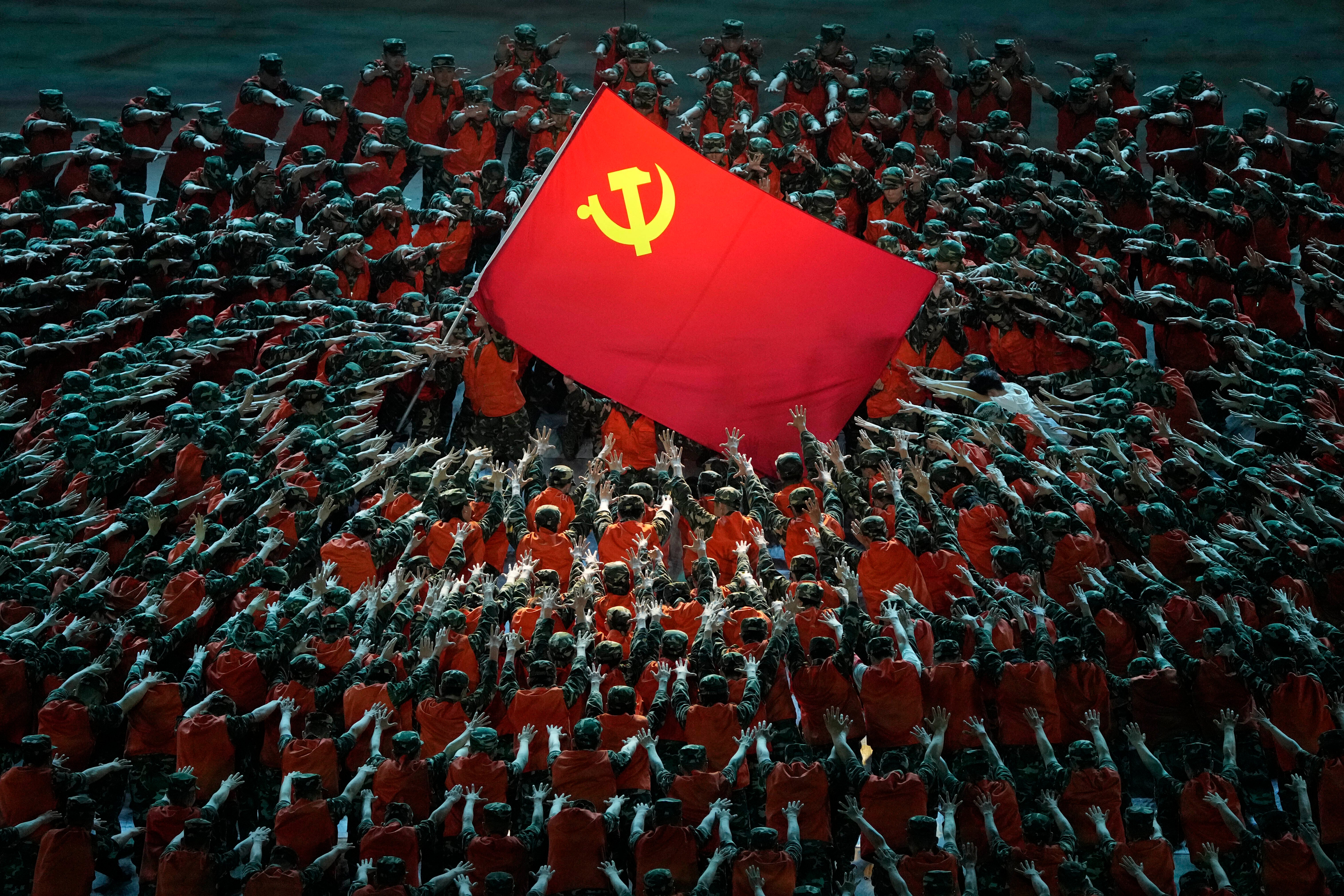How will the long-term economic battle between the US and China play out?
It will be a struggle for superiority, and this will shape much of this century, writes Hamish McRae. But anyone who thinks that China will inevitably dominate should be aware of a number of things


Celebrations across the US for Independence Day are marred by two dark clouds. One is immediate: the difficulties that the US is having in coping with tensions within itself. These include issues of race, inequality, the climate crisis and political identity. The other lies ahead: the gradual awareness that US global leadership is challenged by the rising economic power of China.
Some perspective on each. The challenges that US society faces are indeed huge – and divisions are particularly wide at the moment. But if you stand back and compare this period with those of the past, it is surely right to question whether they are comparable to previous experience. Is inequality greater than in the Roaring Twenties? Are underlying racial tensions now greater than in, say, the 1950s? Or the dissent among young people greater than during the student riots of the 1960s? Or crime higher than in the 1970s?
As for general economic wellbeing, nothing happening now is anywhere near as bad as it was during the Great Depression. And the US has risen to the current challenge of the Covid-19 pandemic in rolling out a successful vaccination programme.
This is not to play down the scale of the problems the nation faces, to suggest that it will be easy to heal the wounds the divisions have caused, or to claim that the politicians are coping well with the challenges. It is simply to point out that the past was no golden age.
There is one challenge for which there is no real precedent: the climate crisis. Here there are many reasons for deep concern, for this is a global issue that requires US leadership to tackle. But there is at least vigorous public debate across America, debate that also takes place in Europe. Let’s remember too that it was an immigrant to the US, Elon Musk, that helped trigger a larger shift of road transport from petrol and diesel to electricity. US capitalism backed him to do so. Tesla then became by far the most valuable car company in the world.
So the US is still the great innovator, still the magnet for talent. How will it square up against China? There is a straightforward point that China will pass the US in total output in about 10 years’ time. Given its huge population and potential for catching up in technological terms, this is more or less inevitable. That will be a tough moment for the US. Its people will still be much richer than those in China, but being a smaller economy will grate. The idea that this will be the Chinese, or at least the Asian, century, just as the last one was the American one (and the one before the European), will take hold. The more China develops and exerts its military power, the more the US will feel it has made a huge strategic error in supporting China’s economic ascent.
It will be a struggle for dominance, and this will shape much of this century. But anyone who thinks that China will inevitably dominate should be aware of three things.
First, China’s population is about to start declining and by mid-century fall fast. The US, by contrast, is expected to carry on rising. It is plausible that an ageing China will take on different characteristics from the present fast-growing ambitious one – just as Japan has been transformed since the 1990s. Instead of looking out to dominate the world, it will turn inwards to look after its elderly people and conserve what it has.
Second, catch-up growth only gets you so far. We don’t yet know whether China will be able to develop the frontier industries that the US has been able to do. The danger is that it will get caught in the so-called middle-income trap, like much of Latin America: reasonably prosperous but unable to make the breakthrough to fully developed economy status.
Third, as China becomes a middle-class society, its values will change. That will lead to reforms, probably prioritising domestic wellbeing rather than overseas expansion. We cannot know how those reforms will take place, but it is reasonable to see it become more like the west and less like its own past. It will become a more comfortable partner for the west.
So let’s raise a cheer for the US. We can acknowledge its flaws, just as we should acknowledge the flaws of our own societies. But we should also reflect on the contribution it has made, and will continue to make, to the world as a whole.


Join our commenting forum
Join thought-provoking conversations, follow other Independent readers and see their replies
Comments